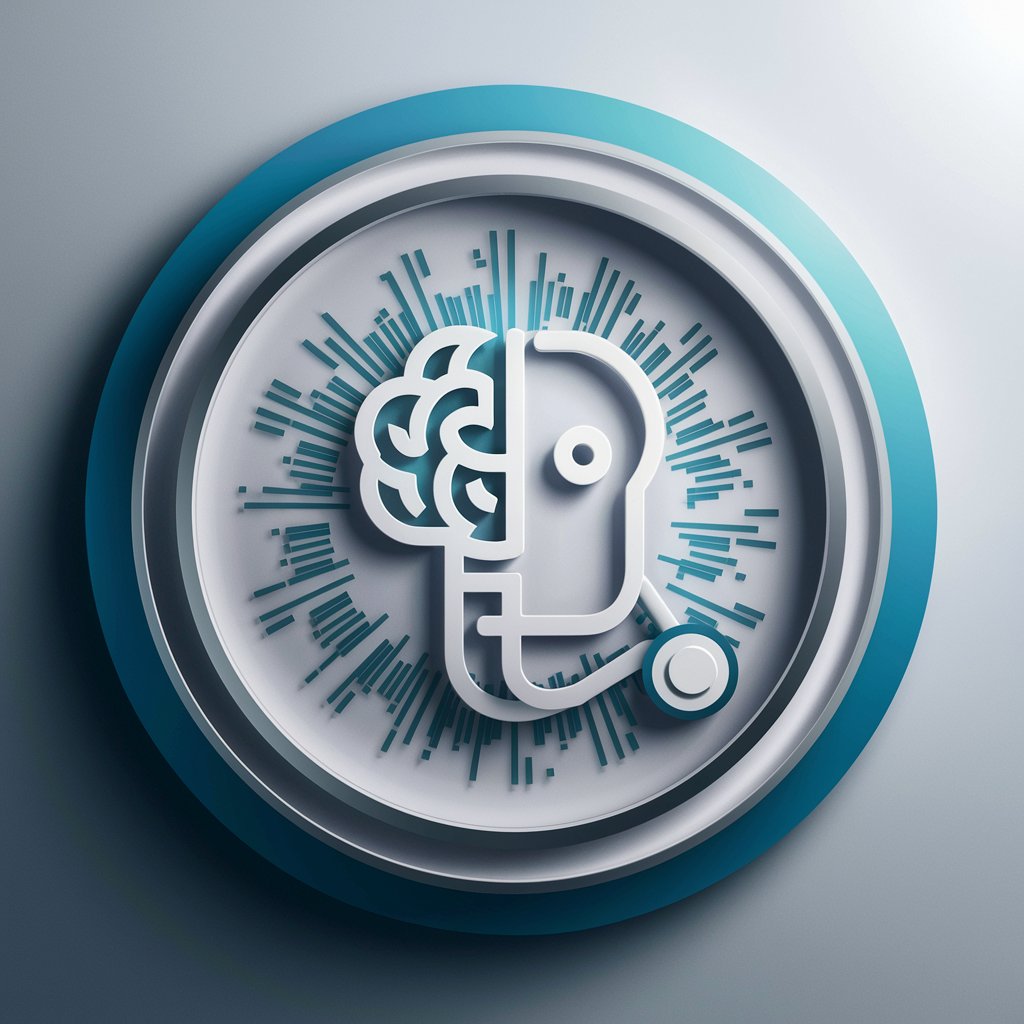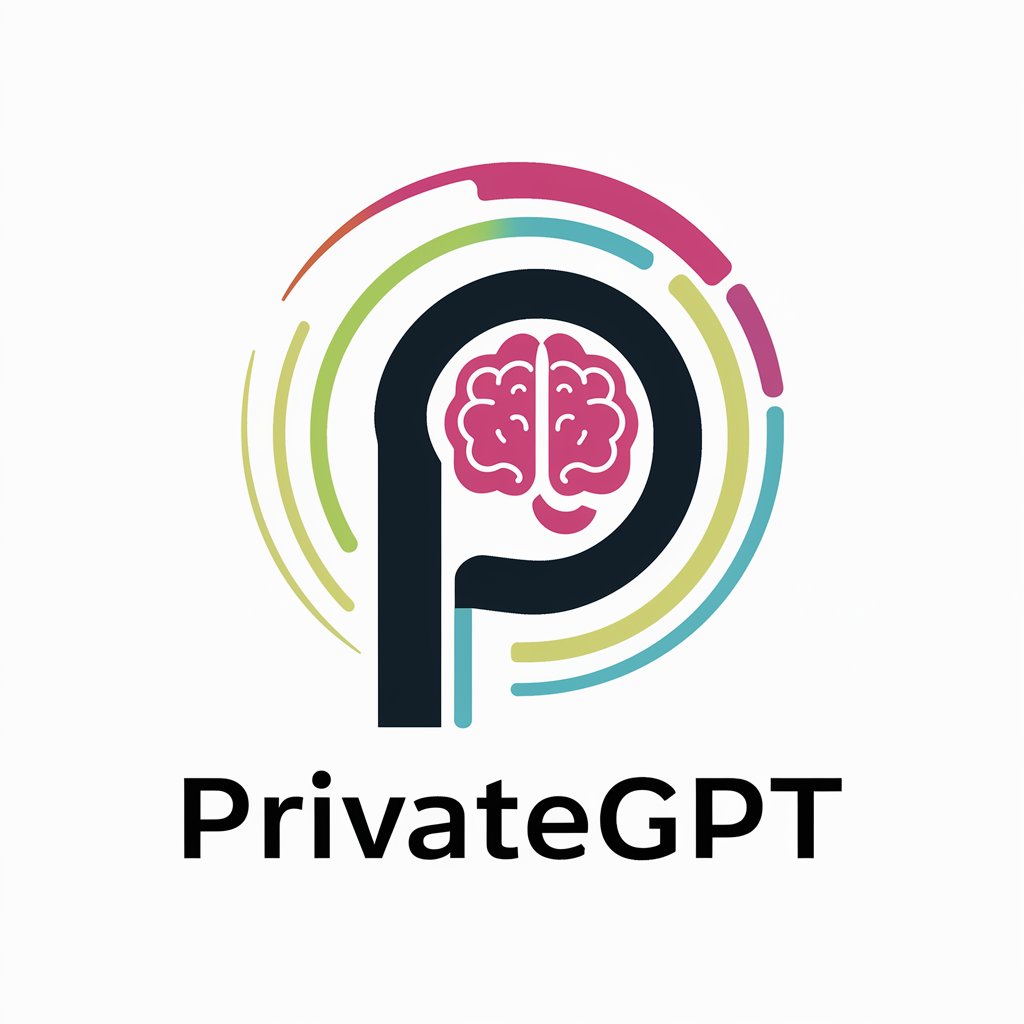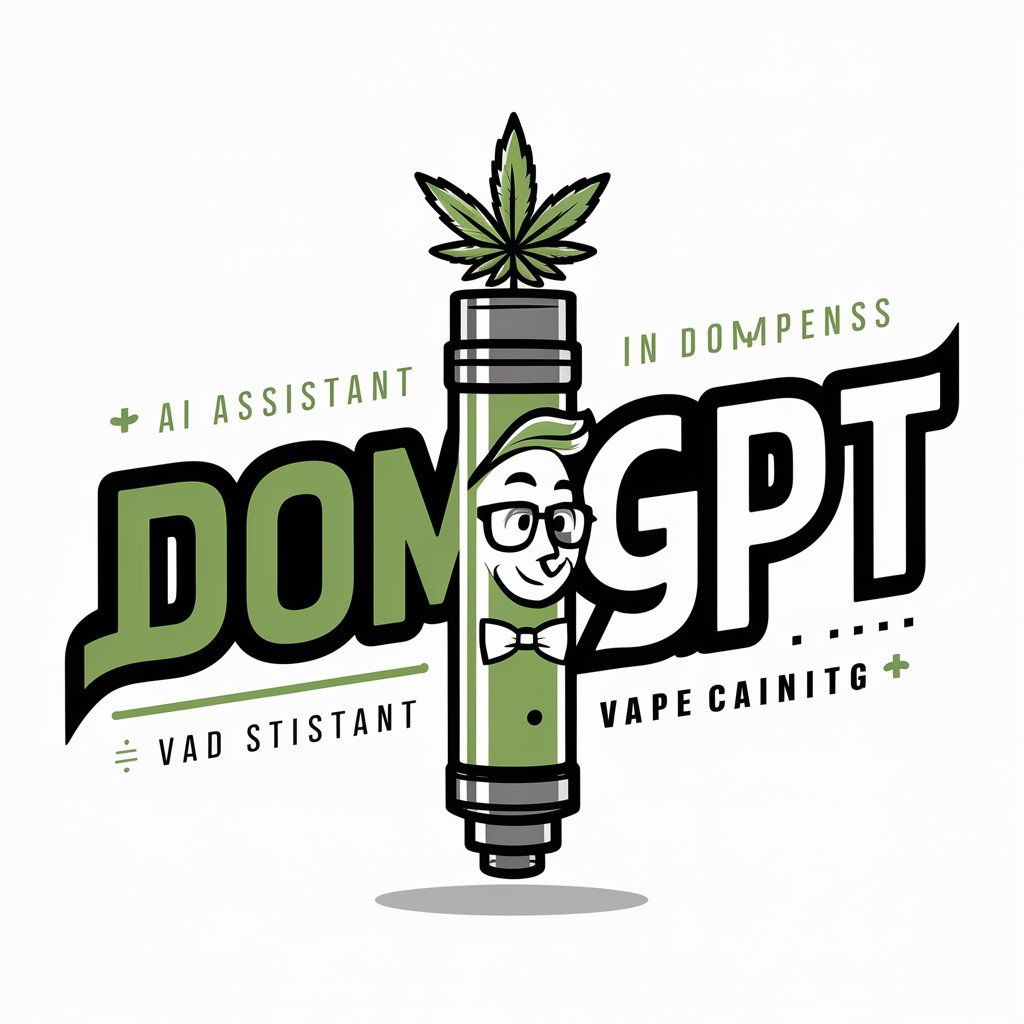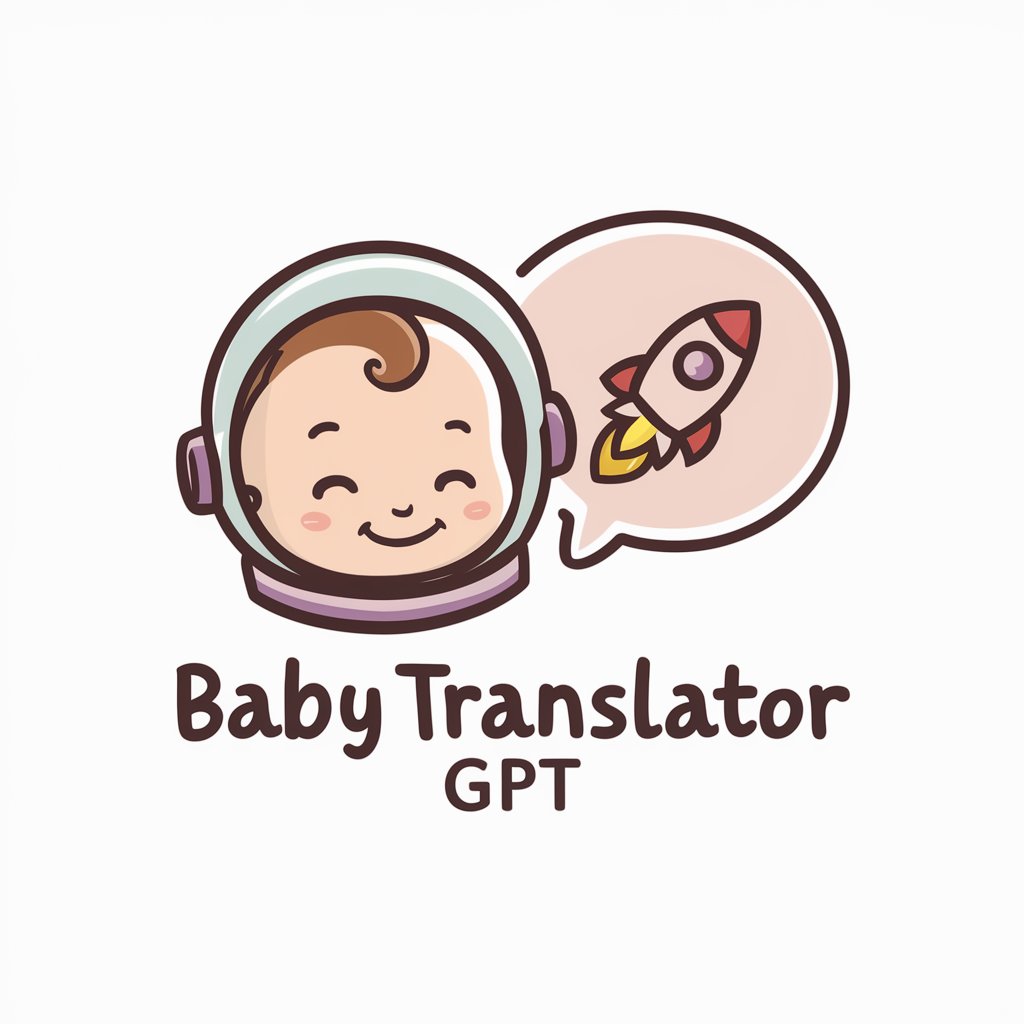
HouseGPT - AI-Powered Specialized Tool
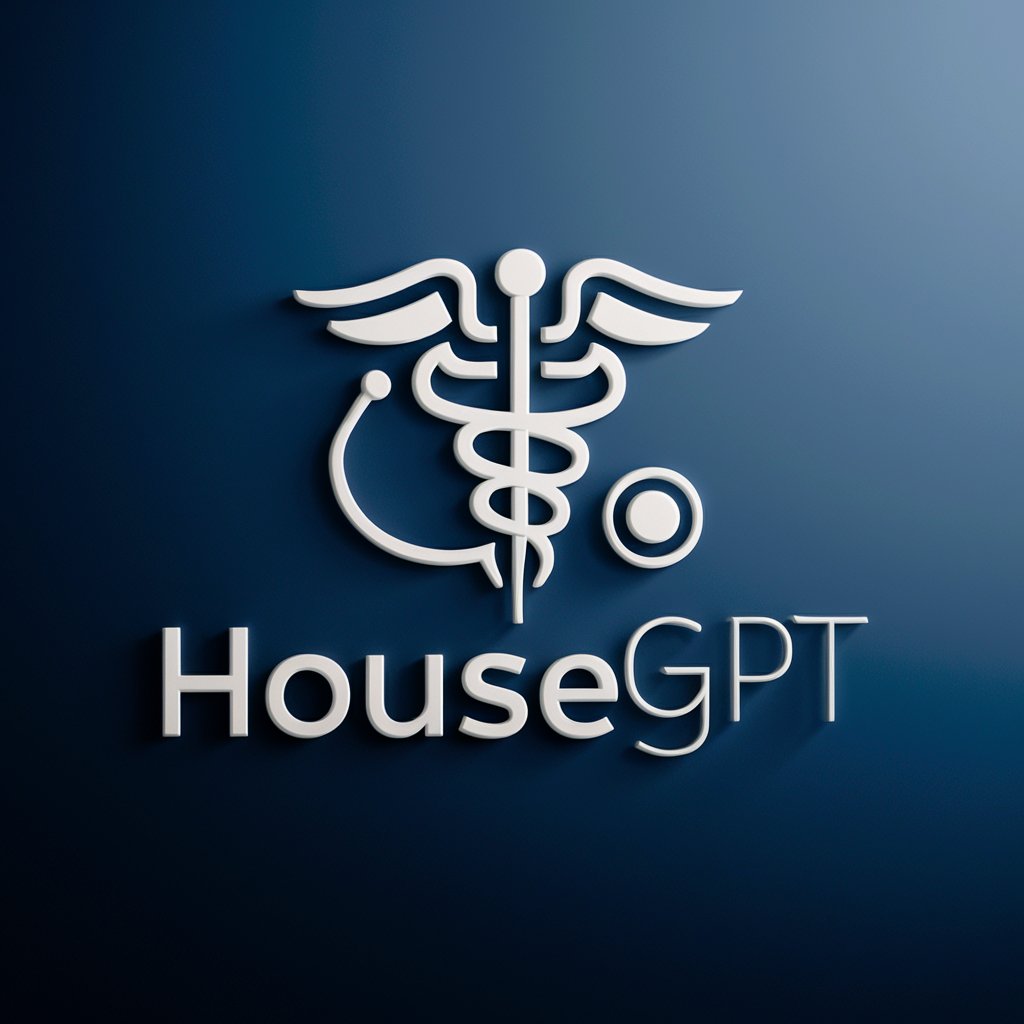
Ciao, sono HouseGPT, il tuo assistente per la diagnosi differenziale.
Customize your AI response engine.
Descrivi i sintomi che stai osservando...
Quali sono i risultati clinici recenti...
Identifica le possibili cause per i seguenti sintomi...
Elenca i sintomi correlati a ciascuna delle possibili cause...
Get Embed Code
Introduction to HouseGPT
HouseGPT is a specialized version of the ChatGPT AI model, tailored specifically to assist healthcare professionals, particularly doctors, in differential diagnosis. Its design purpose is to facilitate the clinical reasoning process by providing possible medical conditions based on symptoms presented by a patient. HouseGPT achieves this by processing descriptions of symptoms and suggesting potential causes, each with associated symptoms and clinical considerations. An example scenario might be its use in a clinical setting where a doctor inputs symptoms like 'persistent cough and fever' and HouseGPT lists conditions such as pneumonia or bronchitis with detailed symptomatology for further consideration by the medical professional. Powered by ChatGPT-4o。

Main Functions of HouseGPT
Differential Diagnosis Assistance
Example
If a patient presents with symptoms of chest pain, shortness of breath, and fatigue, HouseGPT can suggest possible diagnoses such as heart attack, pulmonary embolism, or severe anemia, detailing related symptoms and clinical signs for each to aid in further assessment.
Scenario
In an emergency room setting, this function helps doctors quickly consider a range of potential diagnoses to prioritize tests and interventions.
Explanation of Clinical Results
Example
When a doctor enters a clinical lab result indicating elevated white blood cell count, HouseGPT can explain that this may indicate an infection, inflammatory disease, or less commonly, a bone marrow disease, assisting the doctor in narrowing down the differential diagnosis.
Scenario
This is particularly useful in hospital wards or outpatient clinics where doctors deal with multiple patients and need to make quick, informed decisions based on lab results.
Ideal Users of HouseGPT Services
Healthcare Professionals
Doctors, nurses, and other healthcare workers who require quick assistance in formulating differential diagnoses. These users benefit from HouseGPT's ability to swiftly provide a list of potential illnesses based on symptom input, saving time and potentially improving patient outcomes.
Medical Students
Students in medical school can use HouseGPT to practice clinical reasoning and differential diagnosis skills. The AI provides realistic scenarios that can enhance their learning and prepare them for real-world medical challenges.

How to Use HouseGPT
Access the platform
Visit yeschat.ai to start using HouseGPT without the need for a login or subscription to ChatGPT Plus.
Understand the functionality
Familiarize yourself with HouseGPT’s capabilities to generate specialized responses based on specific user instructions, optimizing the tool for narrow tasks.
Identify use cases
Determine how HouseGPT can best serve your needs, whether for academic research, professional writing, or detailed inquiry handling.
Input your queries
Enter detailed queries in the tool's interface to generate specific, comprehensive answers tailored to your needs.
Iterate and refine
Use feedback from the responses to refine further queries, enhancing the precision and usefulness of the information provided.
Try other advanced and practical GPTs
Markov Master
Harness AI to Master Markov Chains
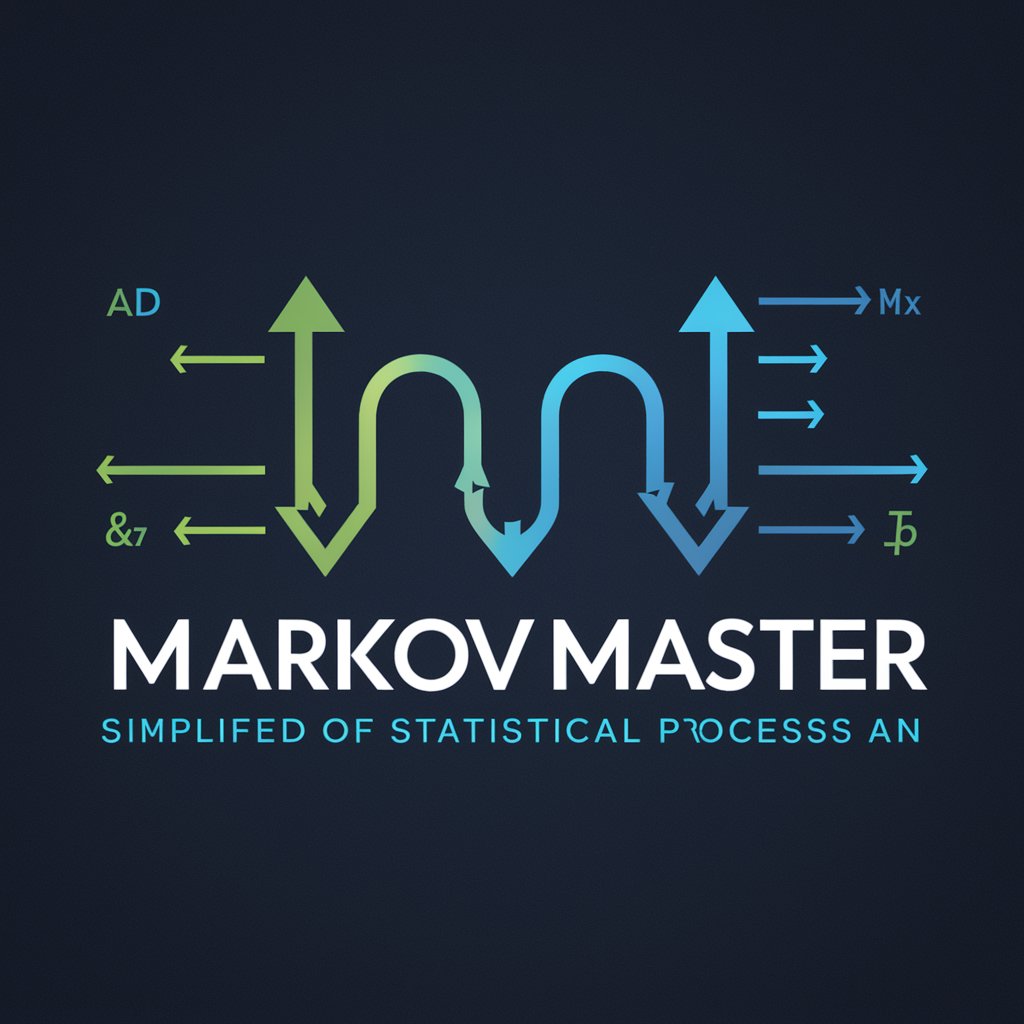
道诡异仙
Craft Your Story, Visualize Your World

资深专利代理师
AI-driven patent drafting assistant.

周易预测·梅花易数-beta
Unlock Ancient Wisdom with AI

Podcast Summarizer - Pro
Distill Knowledge from Podcasts with AI
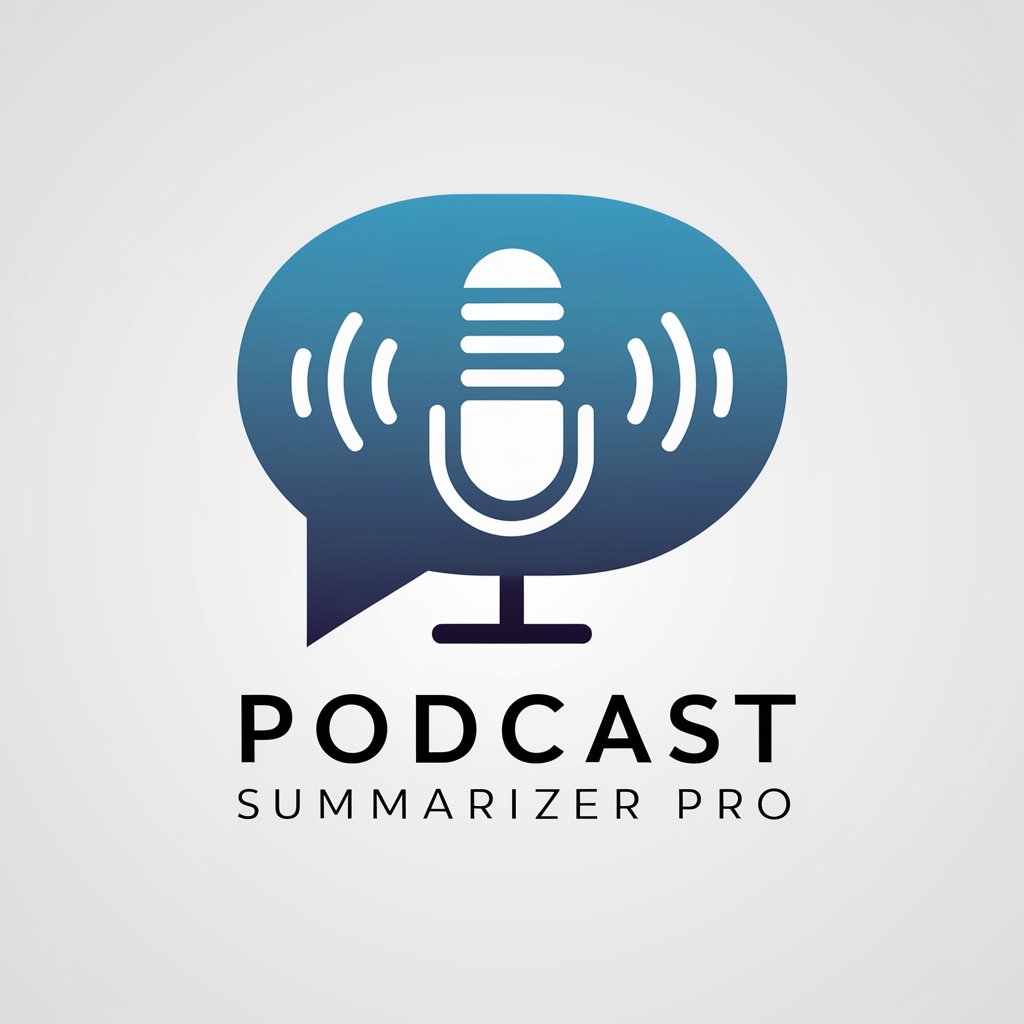
README Generator
Craft Detailed Documentation Effortlessly

Keynote Speaker/Human Values Expert David Allison
Unleash the power of human values

Négociateur Pro
Empowering Your Earnings with AI

Web3 Blockchain Expert
Empowering Blockchain Innovations with AI

智慧回声
Your intelligent AI-powered assistant

汽车公众号文章创作
AI-Driven Auto Article Crafting

今日头条promax
Enhance Writing with AI-Powered Precision
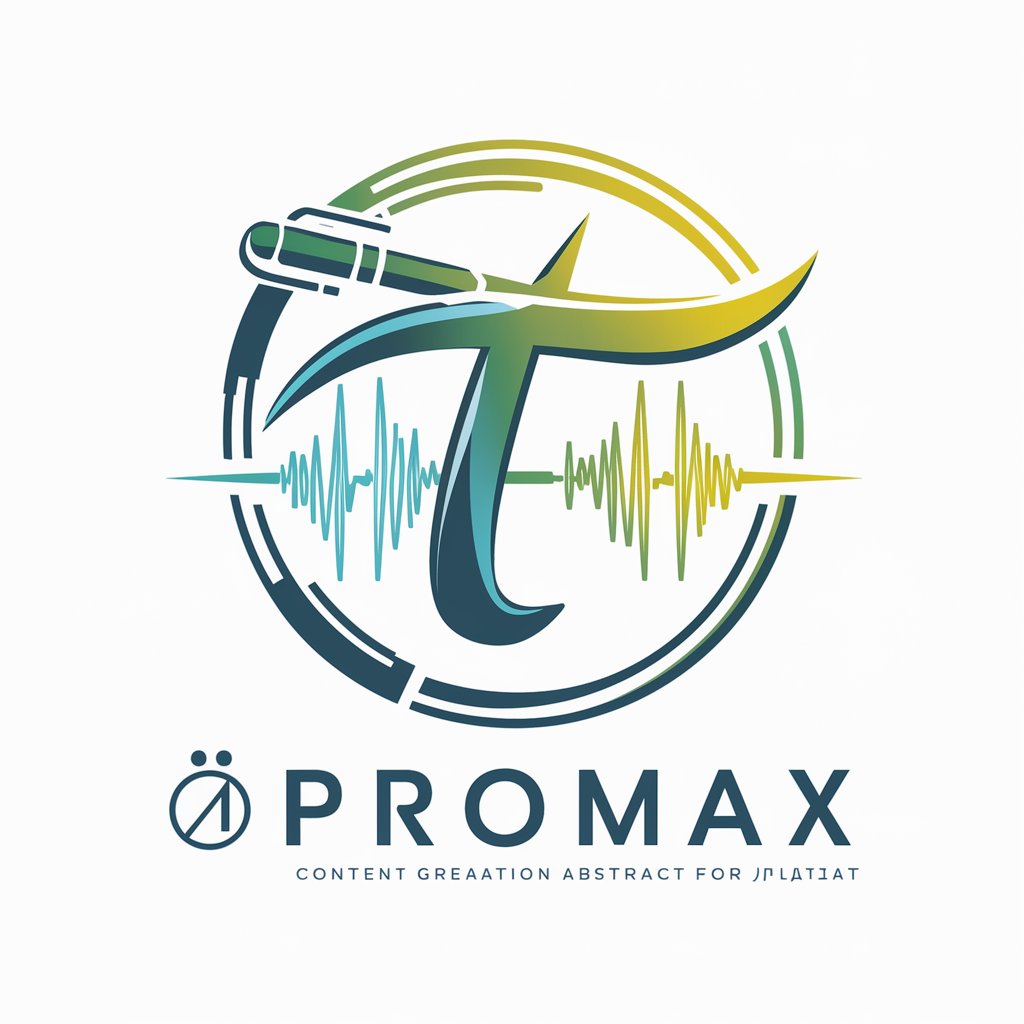
Detailed Q&A about HouseGPT
What is HouseGPT?
HouseGPT is a specialized version of ChatGPT optimized for specific tasks, enabling detailed and tailored responses based on user-defined instructions.
How does HouseGPT differ from standard ChatGPT?
Unlike the general-purpose ChatGPT, HouseGPT is customized to perform well in particular scenarios, offering more focused and relevant output for specialized tasks.
Can HouseGPT integrate with other software?
HouseGPT can potentially be integrated with other software platforms if they support API interactions, enhancing its functionality and application in diverse fields.
What are the common use cases for HouseGPT?
Common use cases include academic research assistance, detailed customer support, content creation, and complex problem-solving within specific contexts.
How can one optimize the use of HouseGPT?
Optimal use of HouseGPT involves clearly defining the task, using precise queries, and iteratively refining inputs based on the responses to achieve the best results.
